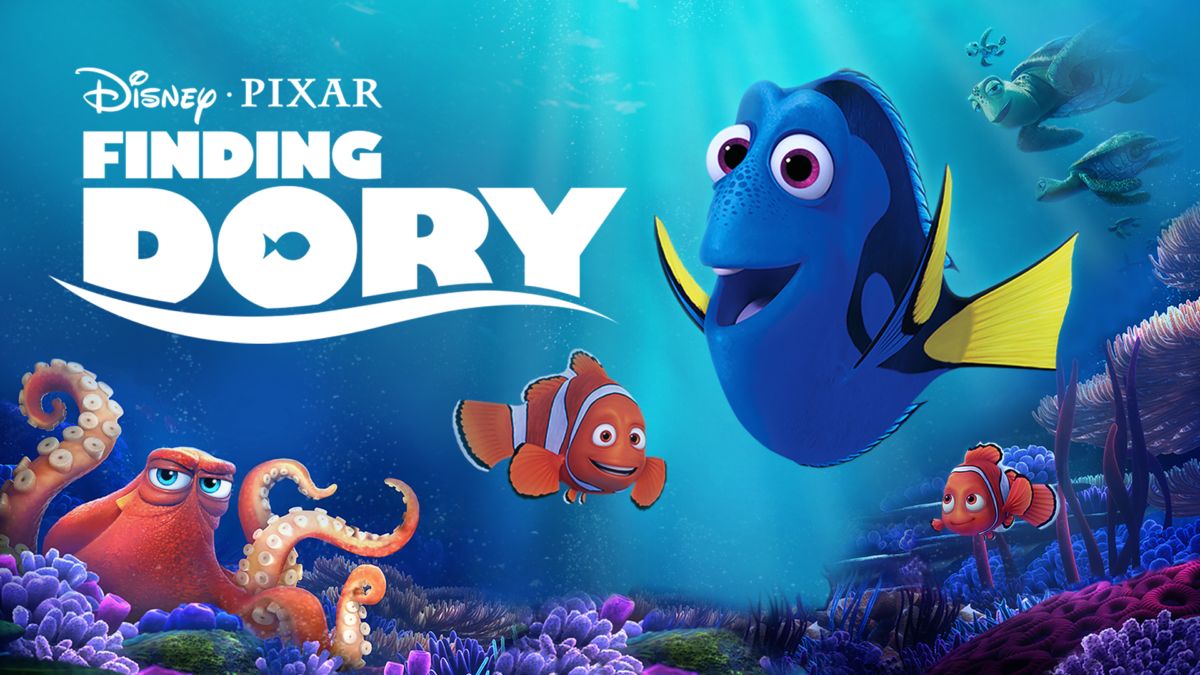Finding Dory: Pixar’s Valuable Sequel
A Heartfelt Story of Disabilities and Doubts
Finding Dory, the sequel to the beloved childhood film Finding Nemo, may not be considered one of Pixar’s best movies, but it holds immense value. Directed by Andrew Stanton over a decade after the original film, Finding Dory takes a risk by placing the comedic relief character, Dory, in the lead role. While some may agree that it doesn’t reach the heights of its predecessor, I have a personal connection to this film for several reasons. In this article, we will explore the captivating story, memorable characters, and stunning animation of Finding Dory, while also exploring into its representation of disabilities and the impact it has on viewers with similar experiences.
A Journey of Memory and Family
The story of Finding Dory takes place one year after Finding Nemo and follows Dory, voiced by the talented Ellen DeGeneres, as she suddenly remembers her long-lost parents and embarks on a quest to find them. Accompanied by Marlin and Nemo, she finds herself in a Marine Life Institute facility in California, facing challenges due to her short-term memory loss. However, with the help of an octopus named Hank, Dory navigates the facility, hoping to reunite with her family.
Redefining a Supporting Character
Taking a supporting character and placing them in the lead role for a sequel is a risky move, but Finding Dory successfully shifts the audience’s perception of Dory’s memory loss. While her condition provided comic relief in Finding Nemo, it becomes a source of genuine drama in this film. We see how it has hindered Dory, caused her anxiety, and shaped her journey. The filmmakers masterfully balance humor and heartfelt moments, creating an emotional connection with the audience.
Genuine Emotions and Engaging Animation
Finding Dory captivates viewers with its fast-paced narrative, which sometimes rushes through scenes, but also effectively conveys the high-stress situations Dory faces. The animation beautifully captures Dory’s anxiety, blurring the imagery and employing quick cuts during her most challenging moments. Ellen DeGeneres delivers an exceptional voice performance, effortlessly shifting between upbeat and tearful, showcasing the depth of her talent.
A New Family Triggering Memories
One of the reasons Dory begins remembering her past is the love and sense of belonging she has found with Marlin and Nemo. The film portrays the power of family and how it can awaken dormant memories. This heartwarming notion coincides with the film’s exploration of instinct and personal history, creating a touching narrative.
An Exploration of Disabilities
Finding Dory has garnered attention for its parallels to real-life mental conditions, such as autism and Asperger’s Syndrome. As someone who grew up on the autistic spectrum, I immediately recognized and related to these parallels. Watching Dory and the characters around her cope with her condition reminded me of my own struggles and the impact they had on my development. The film’s depiction of the challenges faced by those with disabilities strikes a tender chord, echoing the experiences of many individuals.
Turning Limitations into Strengths
The journey of self-discovery and personal growth that Dory undergoes resonates deeply. She not only overcomes her limitations but also discovers how they can become strengths. Finding Dory showcases her unique perspectives, instincts, and unconventional problem-solving abilities. As someone who has found their own strengths through life experiences, I deeply appreciate the validation and empowerment this representation brings.
A Resonant Experience for Many
Finding Dory holds immense value for children struggling with developmental disabilities, providing them with a sense of belonging and empowerment. The film’s powerful core message, combined with its entertaining storyline, offers a source of inspiration and understanding. Its impact extends beyond mere entertainment, making it a truly valuable addition to Pixar’s catalog.
Engaging Setting and Supporting Characters
Despite the challenge of creating a wildlife facility as intriguing as the vast open ocean, Finding Dory manages to captivate with its creative and humorous exploration of this new setting. Pixar’s meticulous attention to detail is evident in the stunning animation, lighting, and textures, elevating the visual experience. Thomas Newman’s score further enhances every scene, effectively conveying the intended emotions.
The Lighter Side of the Story
While the film may be characterized by its fast-paced narrative and kooky characters, some of the supporting cast may not leave a lasting impression. Characters like Destiny, the whale shark voiced by Kaitlin Olson, or Bailey, the beluga voiced by Ty Burrell, serve their purpose but lack the memorability of the main characters. Nevertheless, the humor in Finding Dory is well-executed, with jokes that hit the mark and keep the audience entertained throughout.
A Few Missed Opportunities
The early scenes of Finding Dory, set in the ocean, may feel familiar for those who loved Finding Nemo, which could contribute to a sense of repetition. Additionally, the film’s climax, involving a highway chase with an octopus driving a truck, ventures into realms of absurdity, potentially detracting from the overall experience.


